What are Communities?
Communities are the heart of the Nudj platform - branded, interactive spaces where organizations create engaging experiences for their users. Each community serves as a dedicated environment where members can participate in challenges, earn rewards, track achievements, and connect with other users around shared interests or goals. In the words of Marcus Aurelius, “Waste no more time arguing what a good man should be. Be one”—communities transform this principle into tangible action and achievement.Brand-Focused
Communities can represent different brands, organizations, products, causes, or places
Social Engagement
Members interact through posts, challenges, leaderboards, and community activities
Gamified Experience
Users earn points, XP, badges, and rewards through active participation
Customizable
Each community has unique branding, themes, and custom navigation tabs
Community Types
Communities can represent various types of organizations and purposes:- Brand & Business
- Location-Based
- Brand: Consumer brands building customer loyalty
- Business: Companies engaging employees or customers
- Product: Product-focused communities for users and fans
- Organisation: Non-profit organizations and institutions
Core Community Features
Home Dashboard
Every community has a personalized home view that displays:In-Progress Challenges
Challenges you’re currently participating in, shown at the top for easy access
Community Identity & Branding
Each community has distinct visual identity elements:- Logo & Branding: Custom logos, color schemes, and visual themes
- Banner Content: Featured messaging with call-to-action buttons
- Community Description: Clear explanation of the community’s purpose
- Verification Status: Verified communities display trust badges
- Social Links: Connected social media profiles and external websites
Access & Membership
Communities support different access models to control membership:- Open Communities
- Request-Based Communities
- Anyone can join immediately
- No approval process required
- Public visibility of community content
- Ideal for broad engagement campaigns
Member Requirements & Restrictions
Communities can implement various membership requirements:Age Restrictions
- Minimum age requirements for participation
- Age verification during registration process
Access Codes
- Invitation codes for exclusive access
- Time-limited or usage-limited codes
- Perfect for events or exclusive launches
Custom Variables
- Additional information collection (email, phone, address)
- Configurable form fields during joining process
- Integration with organization’s data requirements
Password Protection
- Community-wide password for access
- Additional security layer for sensitive communities
Social Features & Engagement
Community Posts
Members can create and interact with various types of content:- Text posts and updates
- Image and media sharing
- Community announcements
- Discussion threads and comments
Posts feature can be enabled/disabled per community based on organization preferences.
Member Interaction
- Suggested Communities: Discover new communities to join
- Member Profiles: View other community members (when enabled)
- Follow System: Follow other community members (coming soon)
- Social Sharing: Share achievements and progress on external platforms
Community Links & Social Integration
Communities can connect to external social platforms:Primary Platforms
- Website
- YouTube
Messaging Platforms
- Discord
- Telegram
- Messenger
Regional Platforms
- TikTok
- QQ/Qzone
- Kuaishou
- Douyin
Custom Navigation & Tabs
Communities can add up to 2 custom navigation tabs to enhance the user experience:- External Links: Direct users to external websites or resources
- Custom Content: Embedded content or special features
- Integration Points: Connect to third-party tools or services
Community Templates
Organizations can create reusable community templates:- Global Templates: Available to all organizations
- Organization Templates: Private templates for internal use
- Template Sharing: Share successful community structures
- Quick Setup: Rapidly deploy new communities with proven configurations
Best Practices for Community Engagement
- Content Strategy
- Reward System
- Community Management
- Regular Challenges: Keep members engaged with fresh challenges
- Varied Content: Mix different challenge types (quizzes, videos, social actions)
- Seasonal Campaigns: Align challenges with events, holidays, or product launches
- Progressive Difficulty: Start easy and gradually increase challenge complexity
Community Analytics & Insights
Track your community’s success through various metrics:- Member Growth: Monitor new registrations and retention rates
- Engagement Levels: Track challenge participation and completion rates
- Content Performance: Analyze which challenges and rewards perform best
- Social Activity: Measure post engagement and community interactions
Detailed analytics and reporting features are available in the Admin API. See the Analytics API documentation for implementation details.
Getting Started with Communities
API Integration
For developers integrating community features:Integration API
Access community data, member information, and participation tracking
Admin API
Manage communities, moderate content, and configure settings
Key Endpoints
GET /communities- List all available communitiesGET /communities/{identifier}- Get specific community detailsPOST /communities/{id}/join- Join a communityGET /communities/{id}/members- View community membersGET /communities/{id}/posts- Access community posts
All API interactions require proper authentication. See the Authentication Guide for implementation details.

